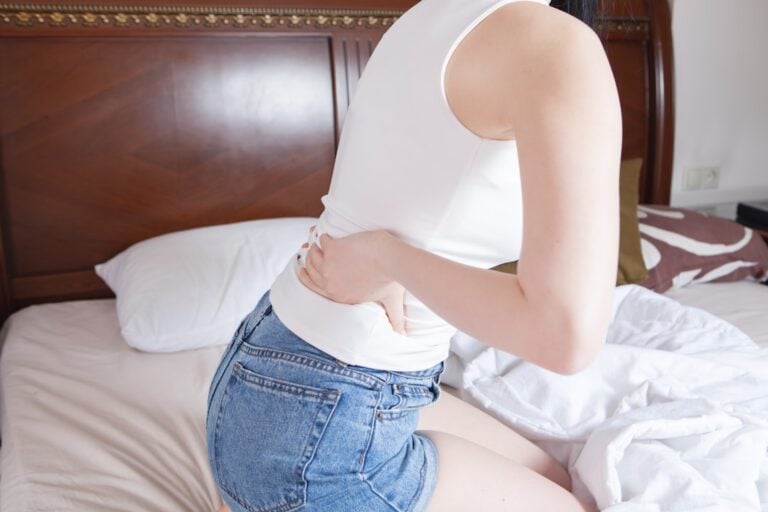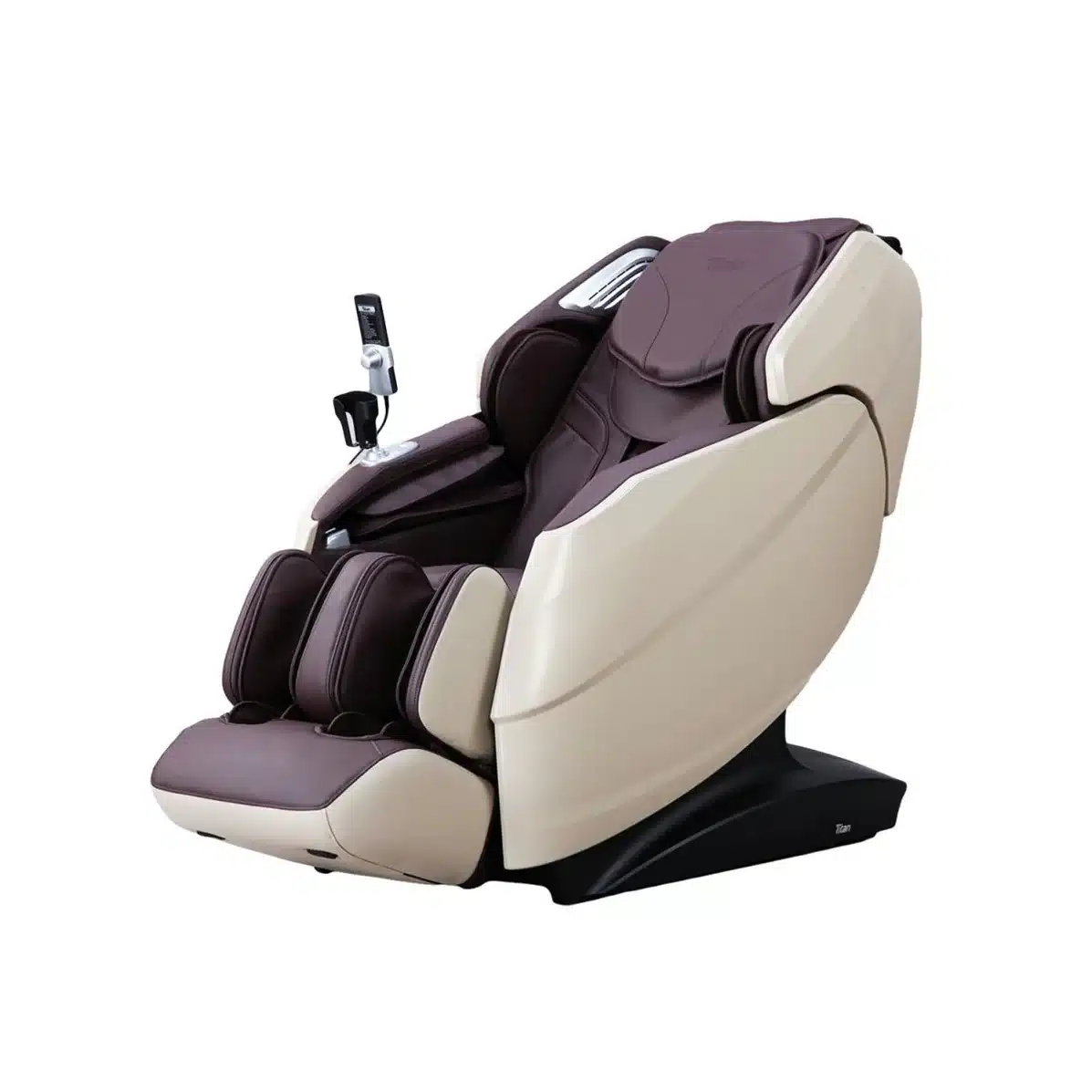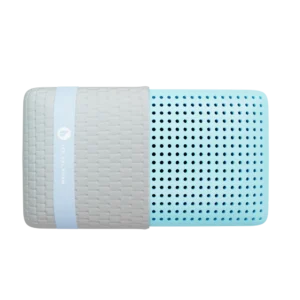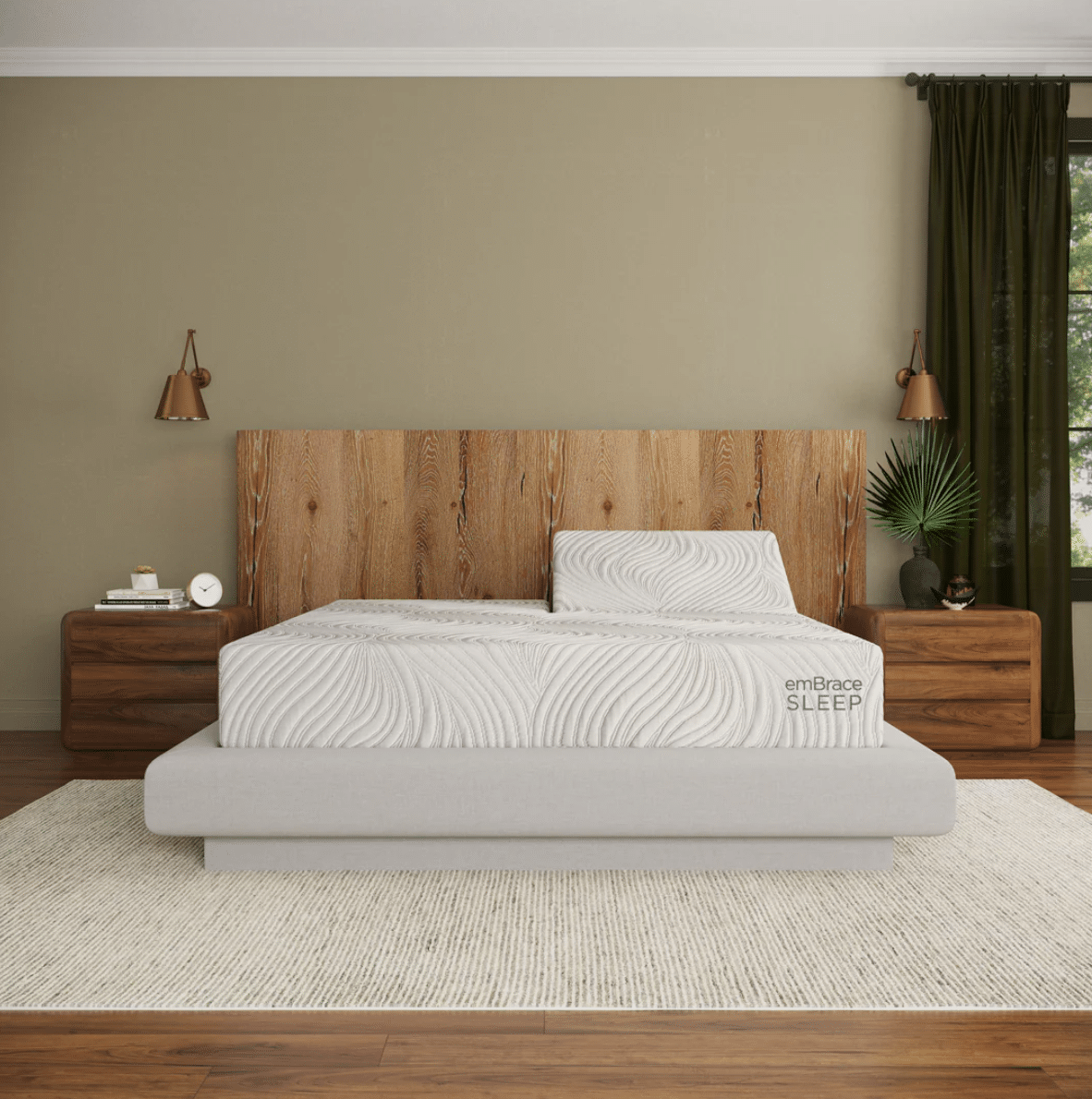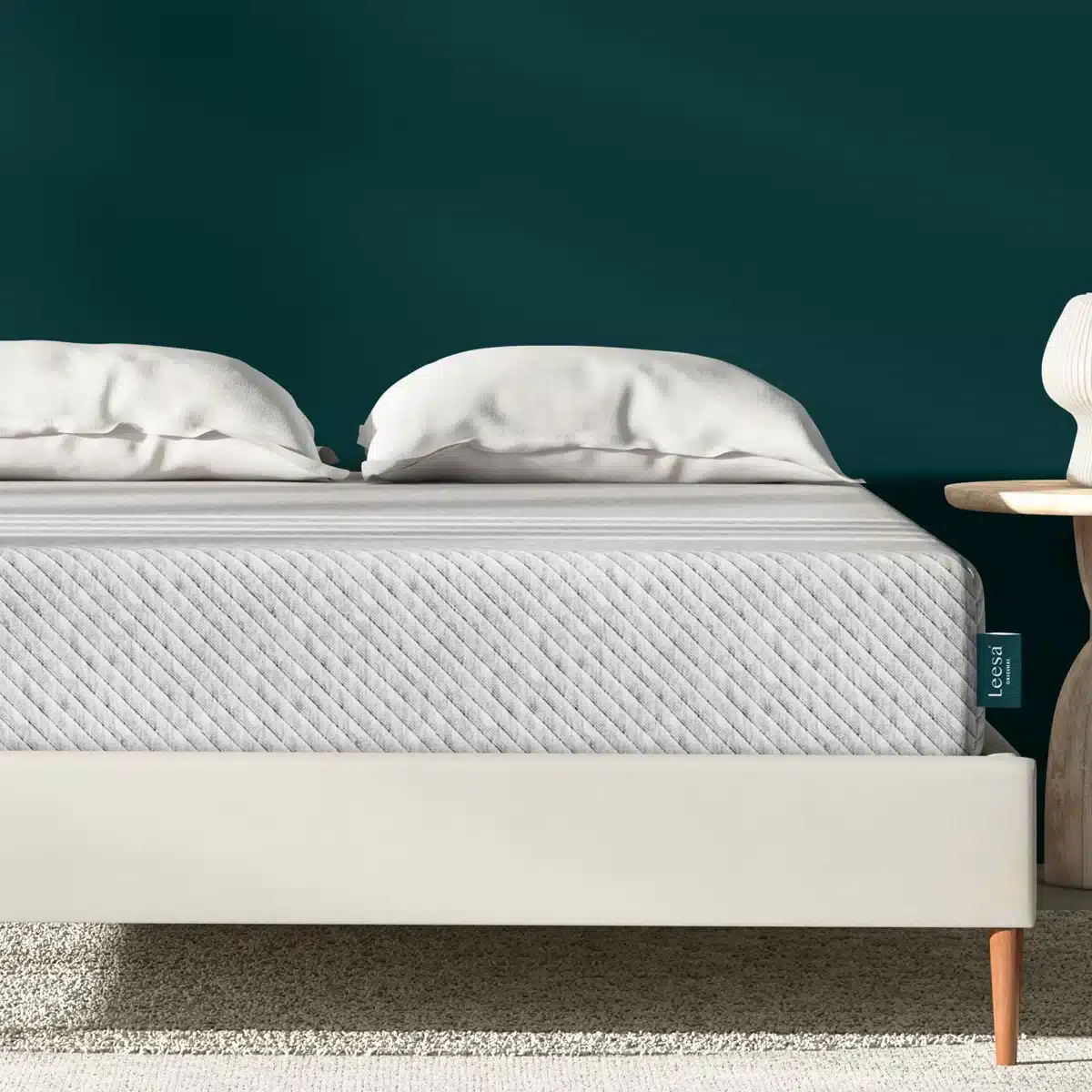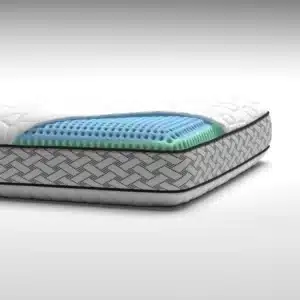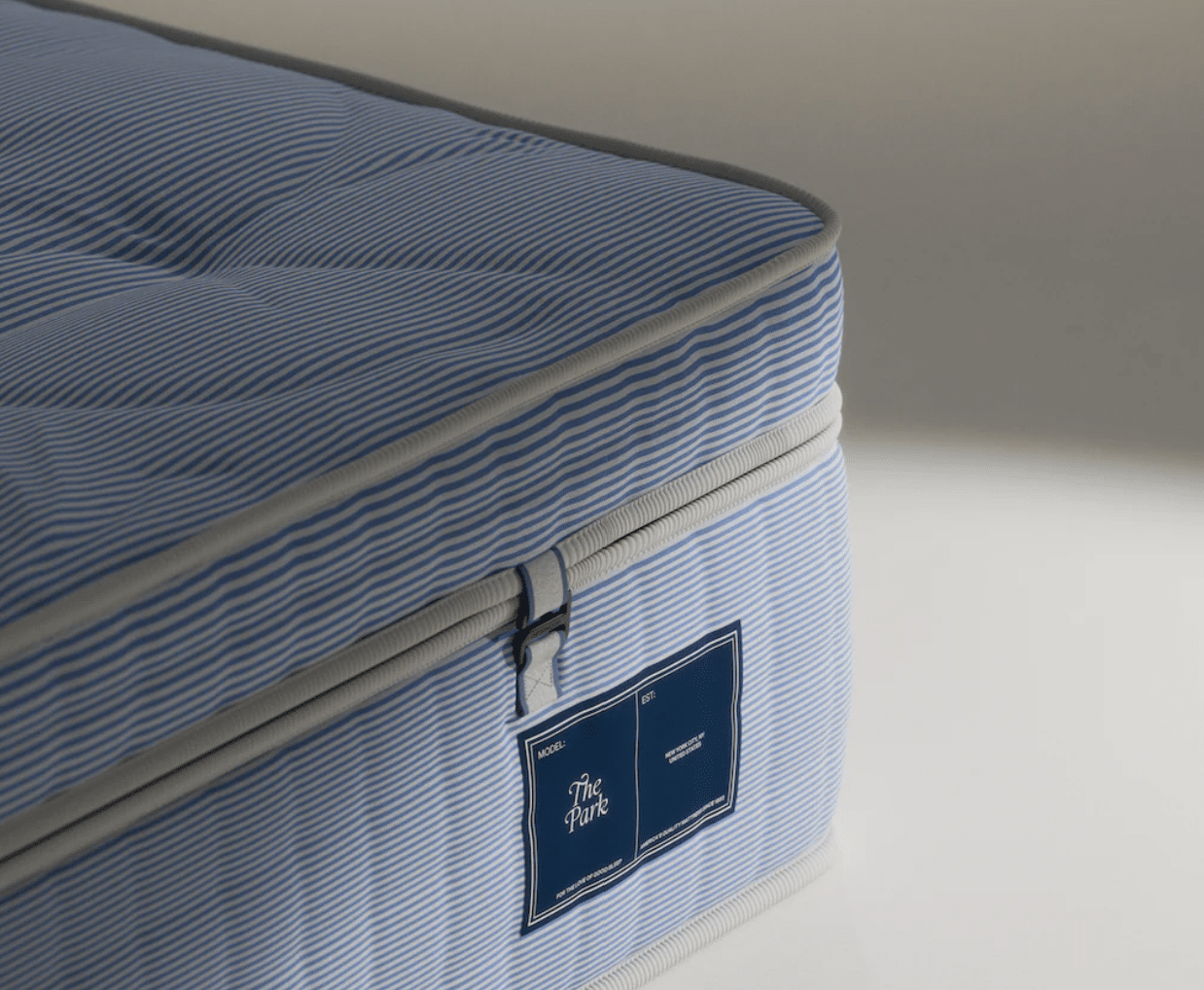Why Your Hips Hurt When You Sleep: Understanding the Causes and Solutions for Relief
Struggling with Nighttime Hip Pain?
If you’re waking up in discomfort, you’re not alone. Many people grapple with hip pain while sleeping, leading to restless nights and groggy mornings. Understanding why this occurs is crucial for finding effective solutions. Here, we’ll explore the common causes of hip pain when you sleep and present actionable strategies for relief.
Common Causes of Hip Pain at Night
Hip pain can stem from various factors, affecting the hip joint, the muscles, or surrounding tissues. Here are a few prevalent causes that may be impacting your sleep:
Osteoarthritis
Osteoarthritis is a degenerative joint condition that results from wearing down the cartilage that cushions the bones. As this protective layer deteriorates, the bones begin to rub together, causing inflammation and pain. Those with osteoarthritis may experience increased discomfort at night, especially when lying on their affected side.
Pain Management Tips:
– Use a topical NSAID before bedtime to reduce inflammation.
– Stay active through light exercises to improve flexibility and strength.
– Consider alternative therapies like acupuncture or massage for added relief.
Bursitis
Inflammation of the bursae—small, fluid-filled sacs that cushion the hip joint—can result in bursitis. This condition often manifests as sharp pain radiating down the thigh, particularly during the night when the body is at rest.
Common Triggers:
– Overexertion from activities such as running or cycling.
– Underlying conditions like rheumatoid arthritis.
– Historical injuries to the hip.
Pain Management Tips:
– Use ice packs for the first 72 hours to minimize swelling.
– Switch to heat packs for longer-term relief.
– Limit high-impact activities to allow recovery.
Tendinopathy
Tendinopathy affects the tendons, which link muscles to bones. In the hip, overuse or repetitive stress can lead to inflammation. This typically causes discomfort that worsens during the night.
Common Triggers:
– Habitually sitting in positions that strain the hip, such as crossing legs.
– Lack of recovery time following intense physical activity.
Pain Management Tips:
– Reduce activities that overly stress the tendons.
– Engage in targeted physical therapy to strengthen supportive hip muscles.
Exploring Sleep Positions and Mattress Quality
One of the biggest influencers of hip pain is how you sleep. The position you choose and the surface you sleep on can significantly impact the discomfort in your hips.
Sleep Position: A Crucial Factor
Side Sleeping:
This common position places substantial pressure on your hips. If you routinely lie on one side, the weight of your body may directly compress the hip joint.
Tips for Side Sleepers:
– Alternate sides frequently to distribute pressure evenly.
– Use a pillow between your knees to align your hips and minimize strain.
Back Sleeping:
Sleeping on your back can provide more even weight distribution, reducing stress on your hips.
Tips for Back Sleepers:
– Consider placing a pillow under your knees to enhance spinal alignment, which may alleviate discomfort in your hips.
– Use a supportive pillow for your head and neck to maintain balance.
Mattress Quality Matters
An unsupportive mattress can exacerbate hip pain, whether it is too firm or too soft.
Mattress Firmness:
– Too Firm: An overly firm mattress can press against hip bones.
– Too Soft: Conversely, a mattress lacking support can cause your body to sink, leading to misalignment and increased hip pressure.
Finding Balance:
– A medium-firm mattress typically offers the best combination of cushioning and support, promoting spinal alignment while protecting your hips.
– Consider investing in a mattress topper for extra cushioning if your mattress feels too firm.
How to Relieve Hip Pain While Sleeping
If you’re struggling with hip pain, implementing a few adjustments can lead to significant improvements in sleep quality.
Adjusting Your Sleep Posture
Your sleep posture plays a crucial role in managing hip pain:
– Back sleepers can benefit from placing a pillow under their knees for better alignment.
– Side sleepers should try placing a pillow between their knees or behind their back for added support.
Mattress Adjustments
Optimize your mattress for comfort:
– A semi-firm mattress provides sufficient support while alleviating pressure on your hips.
– Adding a foam mattress topper can help distribute weight evenly.
Home Remedies for Relief
In addition to sleep adjustments, consider incorporating these home remedies:
– Warm Bath: A relaxing warm bath before bedtime can ease muscle tension.
– Gentle Stretching: Performing light stretches can help enhance flexibility and relieve tightness.
– Heat and Cold Therapy: Use heating pads to soothe tight muscles or ice packs to reduce inflammation as needed.
When to Seek Medical Advice
If your hip pain persists despite home remedies, it may be time to consult a healthcare professional. Look out for serious symptoms, such as:
– Persistent pain that does not improve over weeks.
– Severe swelling, redness, or warmth around the hip joint.
– Inability to move the leg or bear weight.
Conclusion
Understanding the reasons behind your hip pain when you sleep is vital for effective management. Whether it’s from osteoarthritis, bursitis, or simply your sleeping habits, identifying the issues can set you on the path to relief. At Yawnder, we prioritize your sleep quality and well-being, offering expert evaluations and sleep solutions tailored to alleviating your hip pain.
Embrace the promise of restorative sleep by making thoughtful adjustments today. Reach out to our team to explore the best options for your unique sleep needs. Don’t let hip pain hinder your nights. Discover a better way to sleep soundly!


